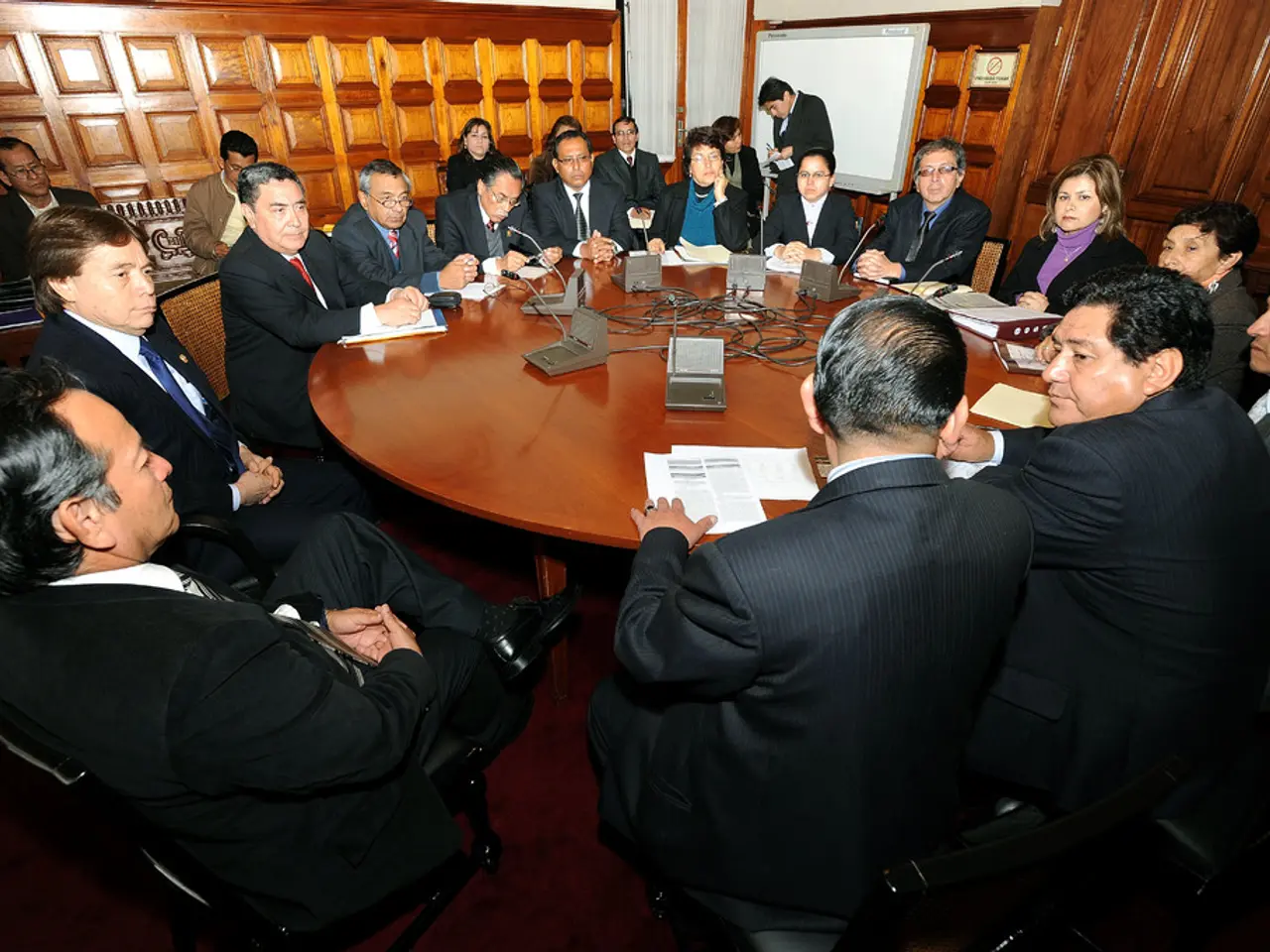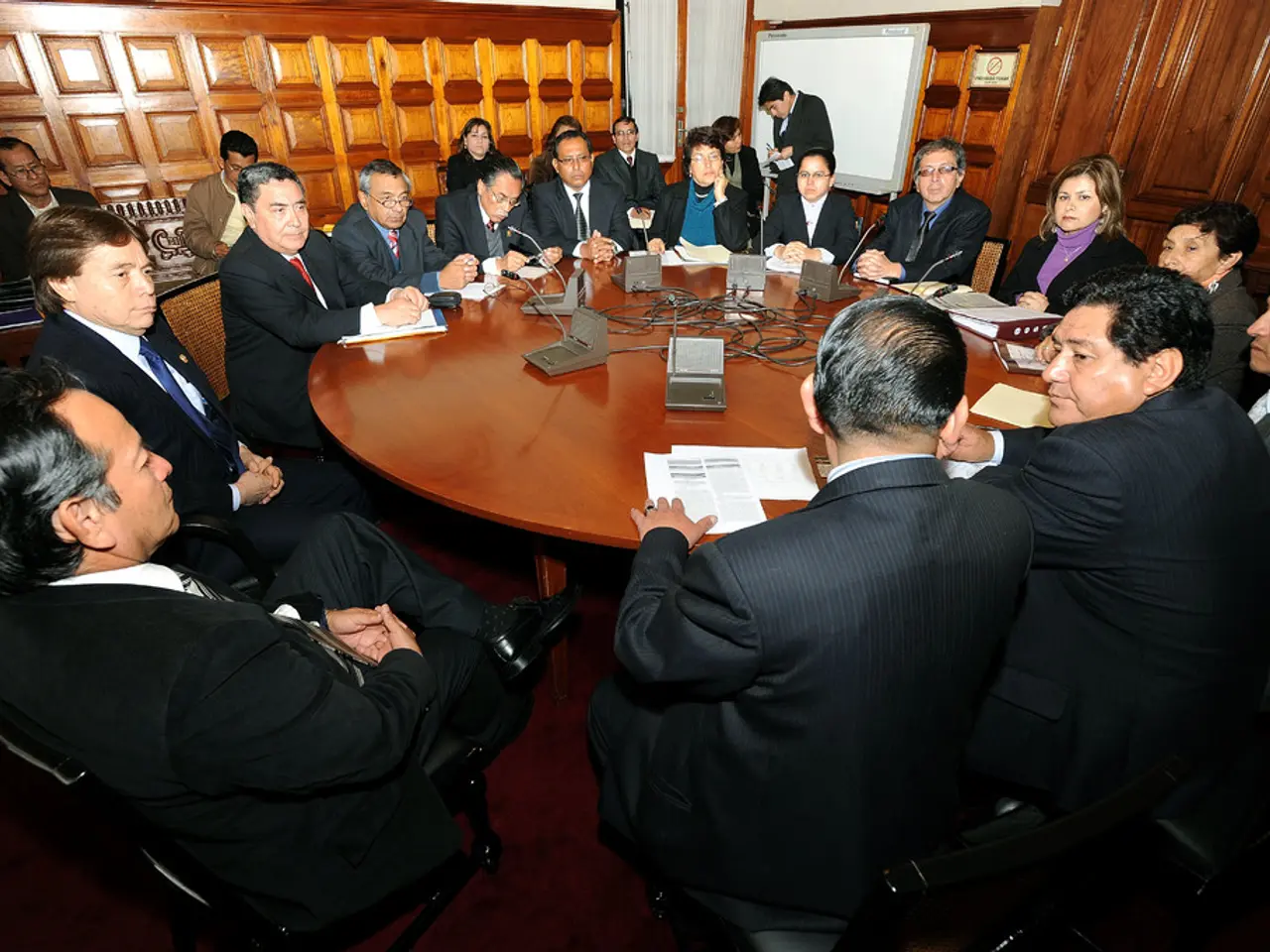Portuguese Constitutional Court Criticizes Migration Reforms of the Montenegrin Government, Along with Far-Right Politics
Portugal's Immigration Reform Face Challenges: Constitutional Court Declares Several Provisions Unconstitutional
The Portuguese Constitutional Court has dealt a significant blow to the recently approved immigration reform, declaring several provisions unconstitutional. The controversial changes aimed to restrict family reunification rights of migrants, but the Court ruled that they violated key constitutional rights.
The main contested provisions included a two-year residency requirement, limiting family reunification to minors already in Portugal, obligatory integration measures, extended waiting times for application processing, and limiting family reunification rights solely to immediate family members.
The Court ruled that these provisions violated the right to family unity, effective judicial protection and due process, principles of proportionality, and non-discrimination. The Court's decision ensures that migration legislation in Portugal must respect constitutional family rights, require fair treatment, and provide appropriate judicial safeguards for migrants seeking family reunification.
President Marcelo Rebelo de Sousa vetoed the contested amendments and sent the bill back to Parliament for revision. Prime Minister Luis Montenegro has stated that they will not give up on their objective, although they may have to reformulate the law due to the Constitutional Court's decision.
The reform, which was approved by the Portuguese Parliament on July 16, also promoted the issuance of work visas to people engaged in "highly qualified activities." However, it is unclear how these provisions will be affected by the Court's decision.
The Court's decision comes after the Executive already repealed a provision allowing immigrants to apply for regularization by showing they had been working and contributing to social security for at least a year, even if they had entered Portuguese territory with a tourist visa.
Meanwhile, Portugal is planning to create a special border unit in the police. The details of this unit are yet to be disclosed, but it is expected to strengthen border control and immigration regulation.
The Constitutional Court's decision marks a significant development in the ongoing debate about immigration policy in Portugal. As the government works to revise the law, it will be crucial to ensure that the revised legislation respects the constitutional rights of migrants while effectively addressing immigration regulation.
References
- Constitutional Court of Portugal Declares Family Reunification Provisions Unconstitutional
- Portugal: Constitutional Court Strikes Down Family Reunification Provisions
- Portugal's Immigration Reform: A Step Backwards for Family Unity?
- Portugal's Immigration Reform: A Critical Analysis
- Portugal's President Vetoes Immigration Reform Due to Constitutional Court's Decision
The Constitutional Court's decision to declare family reunification provisions unconstitutional in Portugal's immigration reform raises questions about the ongoing debate in policy-and-legislation related to migration. The average citizen should be informed about the general-news updates regarding the government's efforts to revise the law, ensuring that the revised legislation adheres to constitutional rights while effectively addressing immigration regulation.




